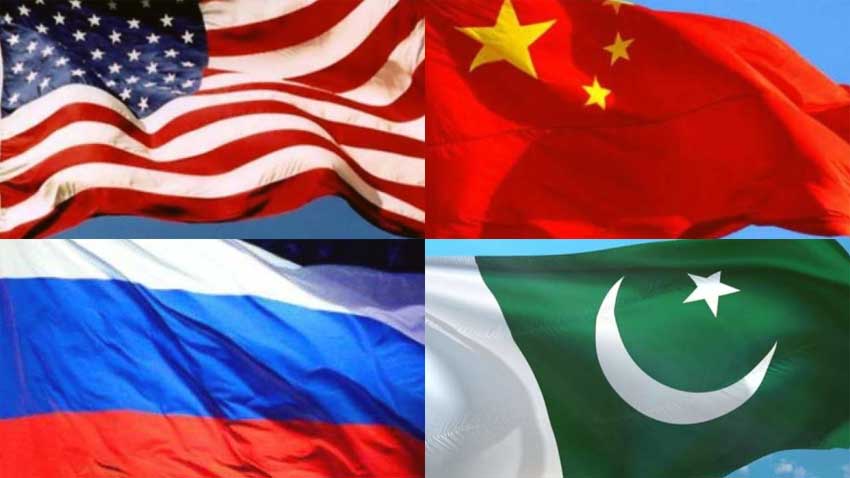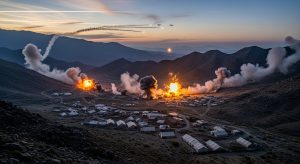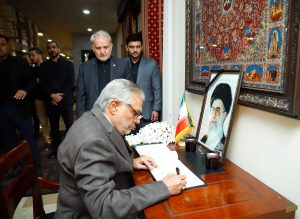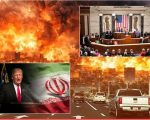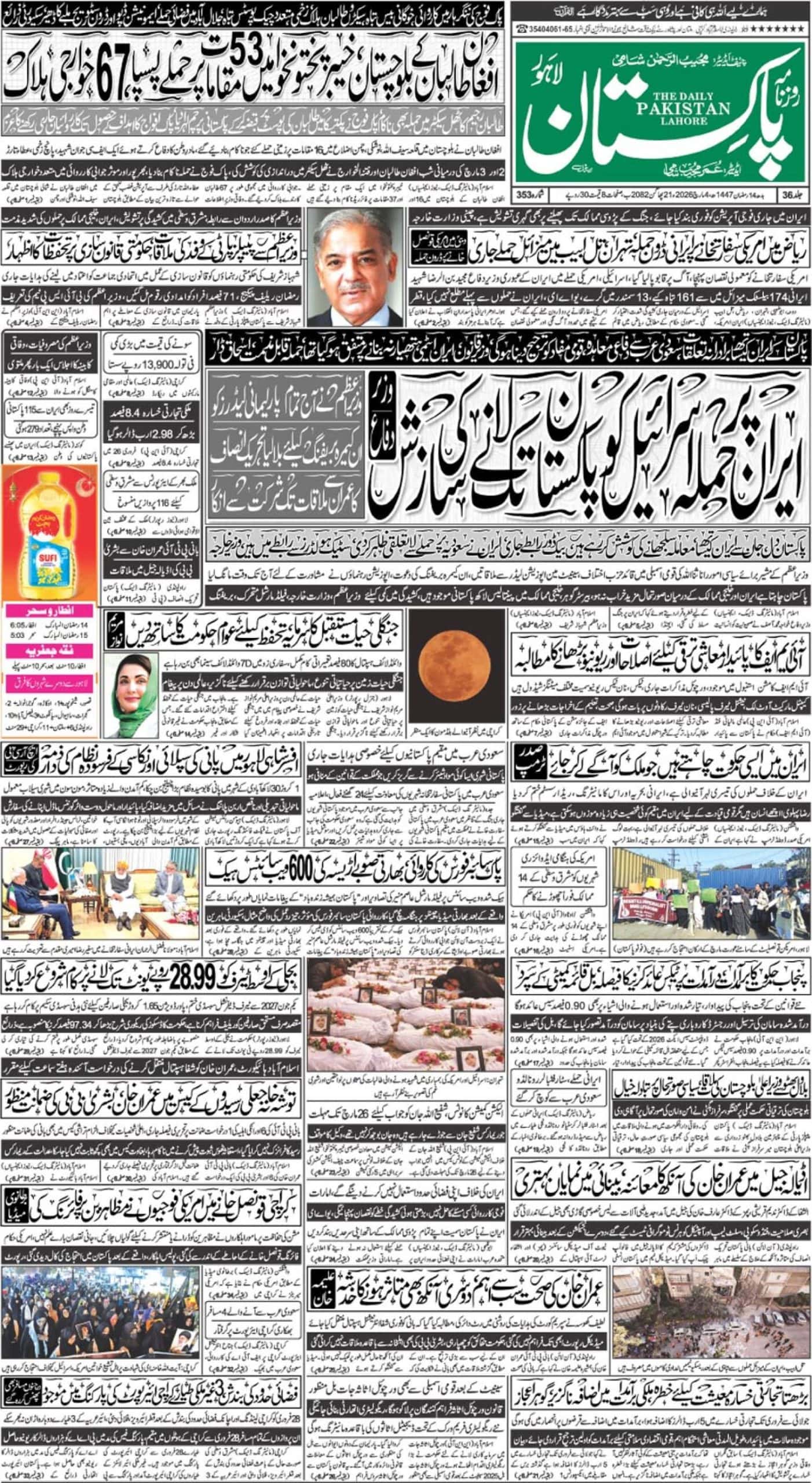In the business of watching nations, you get a feel for the rhythm of power—the quiet consultations, the showy summits, and the rare moments when you see the tectonic plates of influence actually shift. Right now, if you listen closely, you can hear a distinct hum coming from Islamabad. It’s the sound of a country that has decided to stop reacting to the world and start shaping its own corner of it. For anyone who has tracked Pakistan’s turbulent journey, this past week hasn’t just been busy; it’s been a masterclass in strategic execution.
Let’s start with the event that put this all in motion: the Central & South Asian Chief of Defence Staff conference. On the surface, another regional security meeting. But peel back the curtain. When you manage to bring the top military brass from the United States, Kazakhstan, Kyrgyzstan, Uzbekistan, and Tajikistan to your capital—to your table—you are doing more than just hosting. You are making a statement. For a nation so often viewed through the skeptical lens of Washington, the sight of a high-ranking American general engaged in constructive dialogue on Pakistani soil is profoundly significant. It is a tangible sign of rehabilitation, a quiet acknowledgment that when it comes to the volatile nexus of Central and South Asia, Pakistan is not a problem to be managed, but a partner to be engaged.
However, this impressive gathering wasn’t a standalone diplomatic win. It was the linchpin in a far more audacious, three-pronged strategy that unfolded with the precision of a military parade. This is where the story gets truly compelling, revealing a leadership playing three-dimensional chess while others are stuck on a flat board.
At the very moment this conference was cementing Pakistan’s regional security credentials, the nation’s powerful Army Chief, Field Marshal Asim Munir, was on a mission in Beijing. This was no mere diplomatic courtesy. This was about reinforcing the “ironclad” partnership that is the bedrock of Pakistan’s economic future. His discussions were focused on fortifying the China-Pakistan Economic Corridor (CPEC), the multi-billion-dollar bet that connects China’s industrial might to the Arabian Sea. It was a clear, unambiguous move to secure the country’s most vital strategic and economic alliance, shoring up its eastern flank with a global superpower.
Simultaneously, an ocean away, Foreign Minister Ishaq Dar was navigating the notoriously tricky currents of Washington D.C. Critically, he wasn’t there with a begging bowl. He arrived with a briefcase, focused on resetting a complicated relationship on the grounds of mutual benefit. His conversations with influential figures like Senator Marco Rubio were about trade, investment, and partnership. The subtext was unmistakable: Pakistan is repositioning itself from a state dependent on aid to a sovereign nation offering strategic value and commercial opportunity. It was a bold pivot toward a relationship of equals.
Think about the sheer nerve of this diplomatic ballet. The world’s two preeminent, and rivalrous, powers—the United States and China—are demanding allegiance, forcing nations into binary choices. And in the middle of it all, Pakistan is skillfully managing substantive, high-level engagement with both, at the same time. This isn’t naive fence-sitting; it is the calculated pursuit of strategic sovereignty. It’s a powerful declaration that Pakistan will chart its own course, refusing to be a pawn in anyone else’s great game. It takes a clear-eyed confidence and no small amount of diplomatic courage to juggle these relationships.
The strategic clarity on display offers a stark contrast to some of its neighbors. While Indian Prime Minister Modi’s recent itinerary has included important but less geopolitically urgent tours of various African and island states, Pakistan has laser-focused its finite diplomatic bandwidth on the heavyweight arenas where the rules of the new world order are being written. This isn’t a criticism, but an observation of priorities. Pakistan is engaging directly with the powers that will define this century.
I’ve been watching global politics long enough to recognize the difference between fleeting headlines and foundational shifts. This feels like the latter. The confluence of these events is not a happy accident. It is the visible outcome of a deliberate, sober, and remarkably confident strategy. For anyone on Wall Street, in Washington, or in corporate boardrooms whose job it is to anticipate change, it’s time to find that old file on Pakistan, tear out the stale pages, and start fresh. The story is changing, and you ignore it at your own peril.

